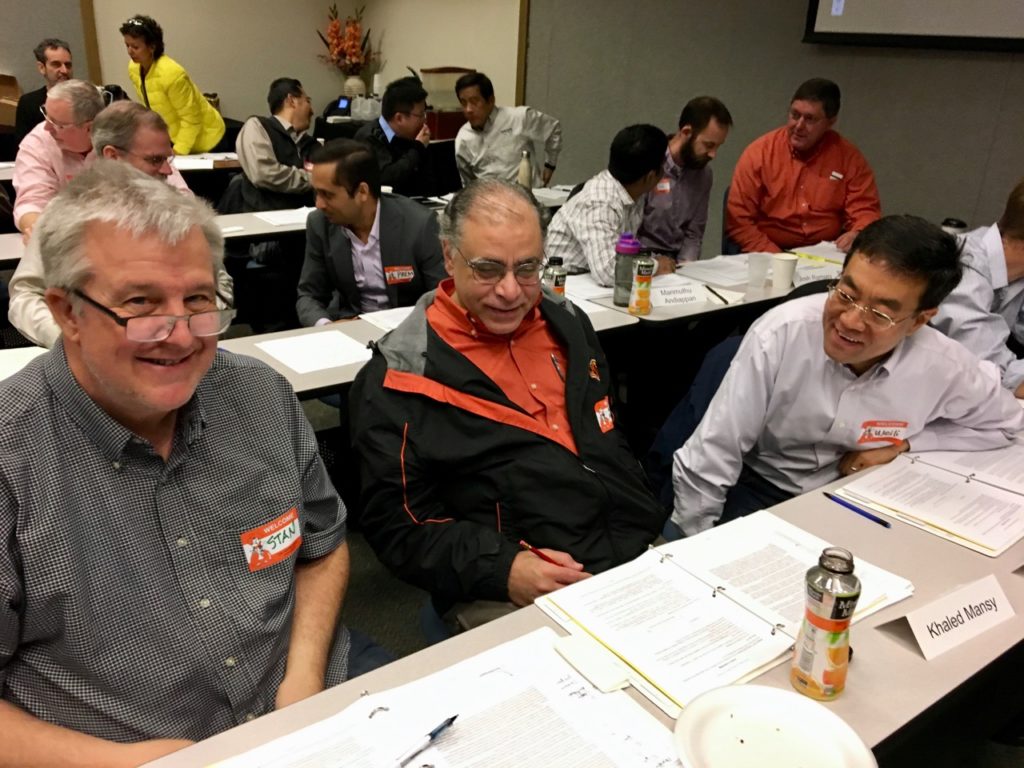 Robert Boice has shown that most new faculty members take roughly four years to become reasonably productive in research and effective in teaching. Appropriate mentoring and support from senior colleagues can help new faculty members become what Boice calls quick starters, reaching full productivity and effectiveness in 1-2 years. Mentoring is itself a skilled and complex craft, however, and when poorly done it may do more harm than good. This workshop is designed to help college administrators, department heads, and senior faculty members develop effective support programs for their new faculty members, increasing the likelihood that they will become quick starters.
Robert Boice has shown that most new faculty members take roughly four years to become reasonably productive in research and effective in teaching. Appropriate mentoring and support from senior colleagues can help new faculty members become what Boice calls quick starters, reaching full productivity and effectiveness in 1-2 years. Mentoring is itself a skilled and complex craft, however, and when poorly done it may do more harm than good. This workshop is designed to help college administrators, department heads, and senior faculty members develop effective support programs for their new faculty members, increasing the likelihood that they will become quick starters.
College administrators, department heads, and senior faculty members who might be called on to serve as mentors to new faculty members.
- What mistakes do 95% of new faculty members make that limit their productivity and effectiveness? What strategies can they use to move themselves into the quick starter category?
- What can college administrators and department heads do to support their new faculty members?
- What constitutes good mentoring? What pitfalls should be avoided?
- How should mentors be selected, prepared, and supported? What incentives can be offered to motivate experienced faculty members to serve as mentors?
- What programs other than mentorships have been found effective for supporting new faculty members?
- Summary: What are the elements of an effective new faculty development program?
Contact Richard Felder for information about scheduling and fees.